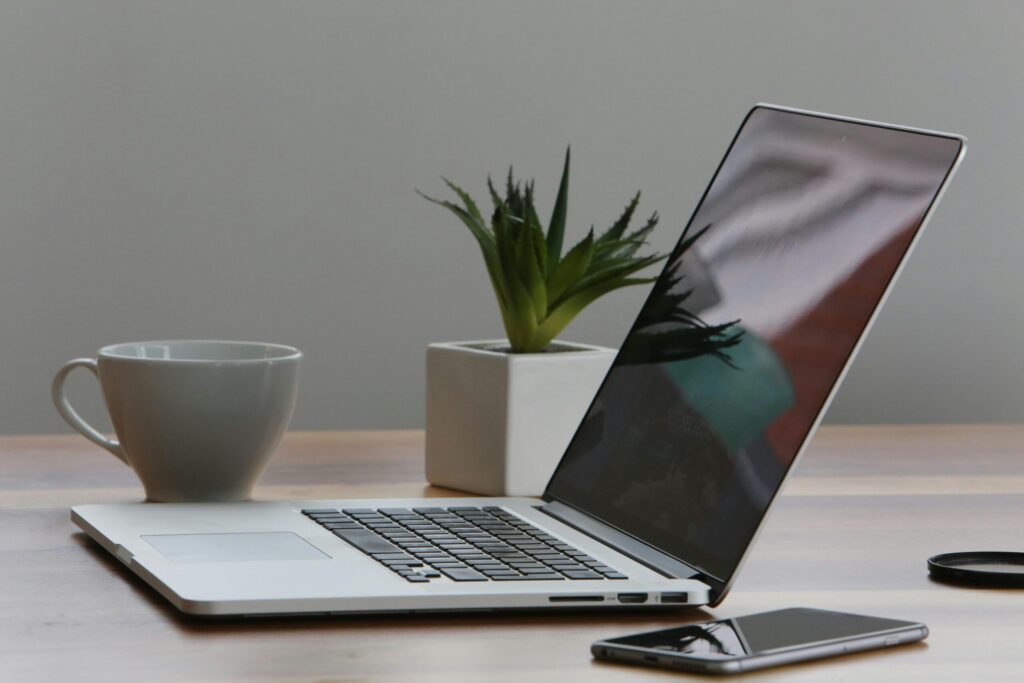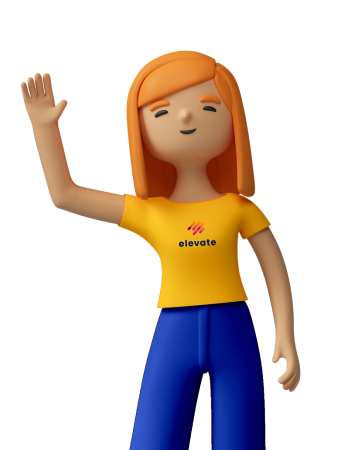AI is changing the way we work—making tasks easier, automating processes, and boosting efficiency. But it’s not all smooth sailing. AI can cause problems too, from incorrect data to bias and job disruptions.
As IT support experts in Brisbane and Mackay, we help businesses integrate AI safely and effectively with managed IT solutions. Let’s break down how AI is reshaping work—and how to use it wisely.
What is AI, and How Does It Affect Work?
AI (Artificial Intelligence) refers to computer systems that can perform tasks traditionally done by humans—like writing, analyzing data, or even creating art. It’s a powerful tool, but it’s not foolproof. AI can make mistakes, misinterpret data, and even reinforce bias.
Understanding AI’s strengths and weaknesses is key to using it effectively at work.
Where Can AI Go Wrong?
1. Incorrect Information
AI doesn’t always get it right. It can pull outdated or incorrect data, mix up facts, or generate misleading answers—which can be a big problem in the workplace.
2. Strange or Unreliable Outputs
Sometimes AI produces nonsensical results—like text that makes no sense or bizarre images. This can waste time and create confusion.
3. Built-in Bias
AI learns from human data, and if that data is biased, AI can reflect and amplify those biases. This can lead to unfair hiring decisions, biased customer service, or inaccurate recommendations.
How Does AI Affect Jobs?
1. Job Loss Concerns
AI can automate repetitive tasks, which can reduce the need for human workers in some industries. While this can increase efficiency, it also raises concerns about job security.
2. Demand for New Skills
Instead of replacing workers, AI is changing the skills employees need. Businesses are looking for people who can work alongside AI, manage automation tools, and analyze AI-generated insights.
Is AI Always Reliable?
Not at all. AI can malfunction, misinterpret commands, or break down entirely. If businesses rely too heavily on AI, a failure can disrupt operations.
That’s why human oversight is essential—AI should support decision-making, not replace it.
How Does AI Affect Teamwork?
AI can make some tasks more independent, reducing the need for collaboration and brainstorming. While this can increase efficiency, it may also weaken teamwork and creativity.
Privacy & Legal Concerns with AI
AI relies on huge amounts of data, which raises privacy concerns. Employees may worry about AI tracking their work habits or analyzing personal data.
There are also legal issues around AI-generated work—who owns it? Can AI make decisions that violate workplace policies or laws? Businesses need clear guidelines on AI use.
How to Use AI Safely at Work
To get the most out of AI—without the risks—follow these best practices:
- Always check AI-generated outputs for accuracy.
- Keep humans in charge of major decisions—AI should assist, not replace judgment.
- Train employees to use AI effectively so they understand its strengths and weaknesses.
- Establish clear AI usage policies to avoid legal and ethical issues.
- Stay updated on AI laws and regulations to ensure compliance.
Get Started with AI at Work
AI is a powerful tool, but it’s not a replacement for human intelligence. Used correctly, it can boost productivity and efficiency, but businesses must stay cautious.
Thinking about using AI in your workplace? We can help you integrate it safely and effectively.
📞 Contact us today to learn how AI can work for you—without the risks.
—




